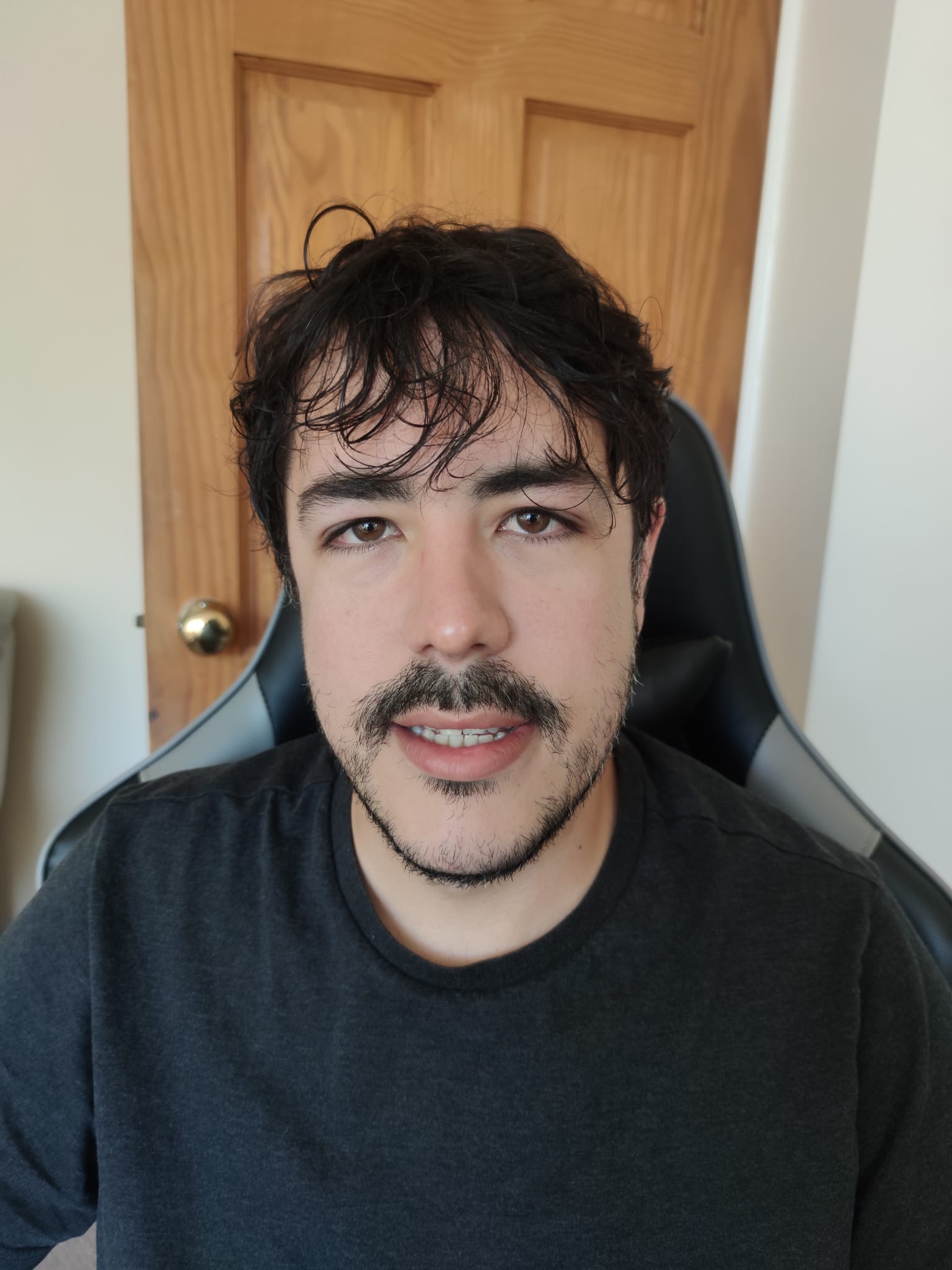Sebastian Metz, bioinformatician, working on the parasite infection process in clams

Dr Sebastian Metz is a bioinformatician joining the Roscoff Marine Station this January to work on his project “PACTO”.
[BIENVENÜE team] How did you become interested in your research area?
[Dr Sebastian Metz] Since my Licenciatura in bioinformatics, I have been interested in the study of the biology of organisms by genomics approaches (i.e. by studying the DNA). During my PhD, I investigated protists diversity and their relations with the environment using molecular and genomic methods. Protists are single-celled eukaryotic organisms. Most of them are microscopic but extraordinarily complex and very important for ecosystems.
By learning more about the diversity of these organisms, at the end of my PhD, I finished with more questions than answers. For example, what are these organisms doing? What are their functions in the ecosystems? How are they interacting? And how can these interactions tell us more about the “well being” of the ecosystem? How do the protists evolve and adapt to climate change?.
In this regard, parasites are good examples to investigate. Despite that we are all used to think that parasites are evil, they are essential for all ecosystems. Indeed, it was proposed that a healthy ecosystem is one rich in parasites species because parasites regulate the interactions and maintain biodiversity. However, these are affected by global change and anthropogenic pressures. Therefore if, for example, a parasite invades a new environment in response to global change and success to establish a new infection, it will have consequences in the local biodiversity. However, there is still a lot to investigate to understand these processes and their potential effects.
Could you explain the PACTO project in a few words?
In PACTO, we will integrate molecular and bioinformatic approaches to understand how the symbiotic community (i.e. the organisms living within a host) interact with a parasite during the infection process. The hypothesis is that this community play an essential role in the virulence and diseases outcomes by an exotic parasitic protist.
In this project, we will study a parasite named P. olseni, responsible for the decline of the clams population and classified as a notifiable disease by the World Organisation for Animal Health. Indeed, P. olseni is an example of invaders parasites. It was introduced in Europe with its host, Manila Clam, for aquaculture development in the ’70s. After this unfortunate event, it extended along the European coastline, producing mass mortality events of the host and native species (Ruditapes decussatus) in Spain, Portugal and Italy.
Here in France, the prevalence of the parasite is very low. However, it is expected to increase because of global warming, affecting the bivalves diversity in the area. With this project, we will better understand the parasite infection process and generate information for developing new tools for monitoring and preventing its propagation.
Why did you choose to come to Brittany?
After my PhD, I was looking forward to studying the function and relation of protists parasites with the ecosystem. There was an opportunity to move to the LEMAR in Brest to work with Dr Aurelie Chambouvet and Dr Evelyne Derelle, and I went for it. The project involved the study of the genomes and transcriptomes of P. olseni and P. chesapeaki, two parasites that were observed to co-infect the same clams. The genomic sequencing gives us information about the DNA content of the parasites, whereas the transcriptomic tell us about the specific molecules that are being expressed and participate in different processes. The combination of both techniques allows us to understand the mechanisms of infections.
During my stay in the LEMAR was when the PACTO project emerged. This project is related to other recently funded projects involving collaborations with experts in the research area from France, Spain, Italy and the UK. On the other hand, we recently moved to Roscoff Marine Station, a world-leading institution in marine science. It has cutting-edge facilities in genomic required for the development of this project. Altogether, create a perfect environment for the development of the PACTO project.
Do you wish to share a resource or a work for everyone who wishes to learn more about your field?
If you are interested in parasites, I highly recommend the book “The art of being a parasite” by Claude Combes, a French biologist and parasitologist. The book introduces how parasites evolved to survive and their infection strategies.
Thank you Sebastian!